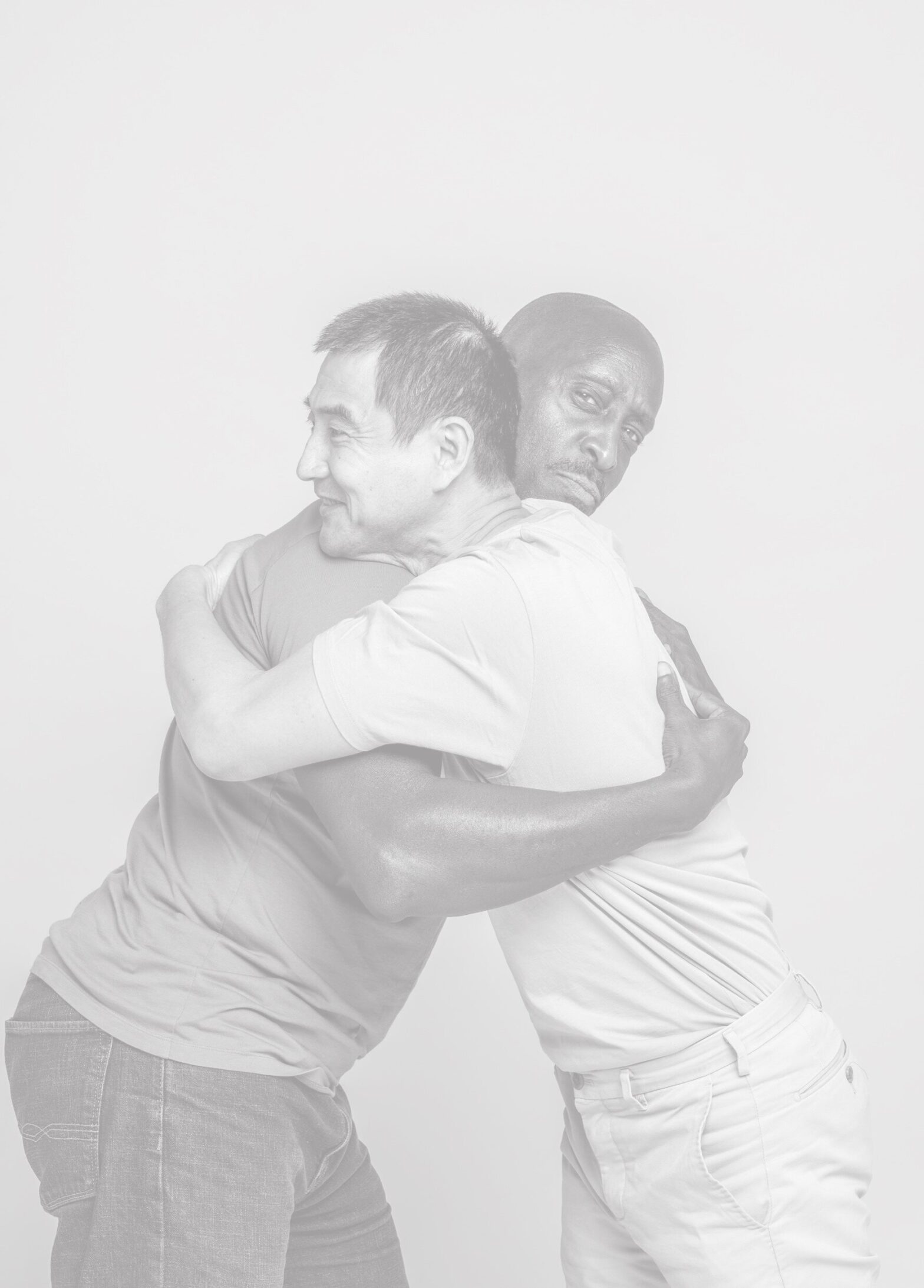I Know How You Feel

Let’s begin with this premise: empathy is good.
Before we go there, however, lemme take you on a short tour of a piece of the past…
Years ago I took a course in sales that, looking back, was more of a short primer in simplistic manipulation than anything else. (As an entrepreneur, I’ve actually fallen in love with sales, but that’s a tale for another time.)
Part of that training was learning pre-packaged scripts and techniques – you know, the stuff that has people think of salespeople as smarmy purveyors of snake oil or questionable used vehicles – to move past prospective buyers’ objections.
One line that I found questionable at the time and, in retrospect, downright ugly, went like this: “I know how you feel! I felt the same way, and here’s what I found…”
Even now, writing it makes my skin crawl and brings a tell-tale scowl to my face.
Ugh and yuck!
First of all, I don’t know anyone who enjoys being on the receiving end of this brand of interaction. On the receiving side, I experience this sort of thing as disingenuous and disconnecting, and I’m left wondering if I was really listened to. To me, it feels like a technique…
And I bristle and the very thought of being “techniqued” upon.
Second, there are a few non-truths embedded. Let’s dismantle them.
Let’s start with “I know how you feel.”
No, you don’t.
In fact, you can’t.
Ever.
Here’s why: My experience is my own. It’s not that I am – or anyone else is, for that matter – so very special. On the other hand, there is a uniqueness to every circumstance and every individual that makes it impossible to truly know what, precisely, another human being is feeling, seeing, sensing and experiencing.
As soon as I say “I know how you feel,” I’ve switched to my own channel, essentially tuning you out. I’m now running on assumptions and/or other sets of known data having nothing to do with you and everything to do with me.
Curiosity has flown the coop.
“I felt the same way…”
Well, if it’s impossible to really know how someone else truly feels, then it’s pretty darned logical that you didn’t feel the same way. Because how could you?
In a culture that values answers over questions and trains us to look for common experience as points of connection, it’s wildly tempting to rush to what we know of our own experience as a doorway to those connections.
For example, I lost my mother to Alzheimer’s several years ago.
If you lost a loved one in a similar way, the mind might quickly jump to “I know how that feels.”
While there might be a sliver of collective, comparative truth in our raw data, “I lost X to Alzheimer’s,” or even “I also lost my mother to Alzheimer’s,” if we really look, that’s going to be close to the end of the shared experience road.
The variables have tremendous range, from details of care to the trajectory of the disease, from engagement in support to the ways in which one navigates emotion and loss. The full picture of each individual’s experience varies wildly.
I’m not being glib or, for that matter, suggesting that we don’t pay attention to what presents as common ground and the opportunities that commonality presents. Rather, I’m pointing toward the wide diversity of experience that exists under the umbrella of perceived similarities.
Those differences, sometimes subtle, sometimes massive – always worth exploring – live well beyond the realm of the half-truth (or total lie) of “I know how you feel.”
We can apply all this to people we meet on the street, to folks in our organizations whom we are tasked to lead or be led by and, if we’re honest and open to looking (and seeing) in fresh ways, to our family members and intimate partners.
There are ways in which, even while we make the effort to share the depths of ourselves and are so shared with, we simply cannot know another’s experience, let alone the fullness of who and what they are.
This isn’t in any way bad news.
It’s a call to ever deeper levels of curiosity, acceptance and letting go of what we think we know.
It’s an opportunity to put a tired old sales technique to bed for good – and replace it with a healthy helping of humility, presence and genuine empathy.